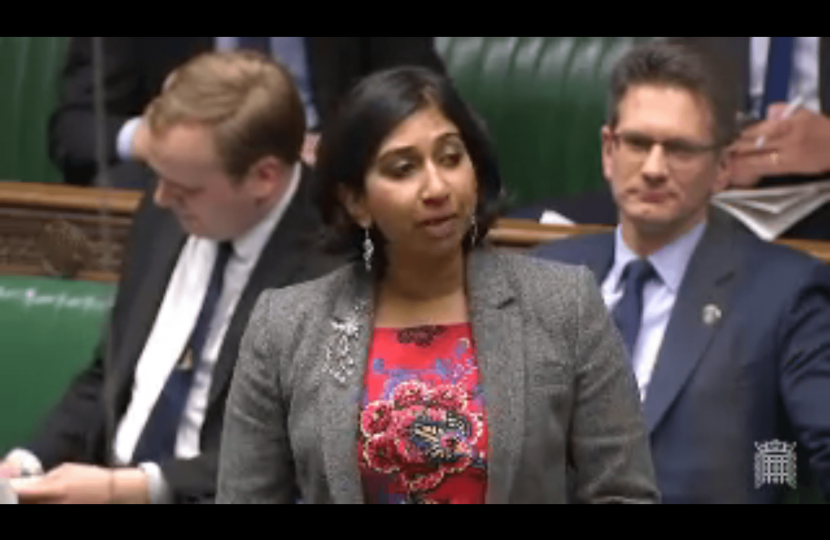
Even today, some seven months on from the referendum, I still view with disbelief and inspiration the enormity of what happened on 23 June. Between 1 am and 4 am on that momentous Friday morning, my whole world view changed: the way I saw my country and my constituency, which voted to leave, was forever altered. Another political event so vast and so improbable is hard to find. The British people’s vote—polite, calm and astonishing—was a vote to ignore the advice of their political leaders, to defy the main parties, and to reject the megabanks and the multinationals. It was a vote that turned down the advice of the CBI, the TUC, the National Farmers Union, the broadcasters, the institutions, the experts and Barack Obama. It was against all odds. Why did they do that? The British people wanted to re-empower themselves. They were fed up with a dirigiste EU imposing laws, policies, restrictions and costs upon them in an increasingly unaccountable, inefficient and costly way. They wanted to be free of a political union responsible for a failing single currency and rising youth unemployment.
In voting to leave, the British people were asserting their self-confidence and their fearlessness. They wanted Britain to forge a different path, one of a global-minded, pluralist, competitive and liberal Britain. That is why it is important that this House and the other place ensure that that happens. The procedure for withdrawal, set out in article 50, is the right to way to proceed for two reasons. First, it provides a time limit. The two-year deadline prevents the talks being strung out indefinitely, and provides clarity and reassurance. Secondly, article 50 enshrines the ratification of withdrawal through qualified majority voting, rather than by unanimity. This ensures a greater chance of ratification for the terms of our departure.
Members proposing to vote against the Bill should be mindful of the fact that the House has already voted on and agreed to the Government’s timetable for triggering article 50 by 31 March by a significant margin of 372. We must respect the decision not just of this House but of the British people. Opposition Members who in their intransigence wish to defy the previous vote seek only to prolong and frustrate this process in an illogical and irresponsible way.
More than simply triggering article 50 and leaving the EU in the technical sense of resuming our sovereignty, we should use the Brexit process to address the concerns that pushed people into voting leave in the first place. We need to stand up for the needs of those on lower incomes by reducing the cost of living, we need more democratisation and decentralisation and we need to embrace the unprecedented opportunity of free trade. As Richard Cobden, the 19th century MP said:
“Free Trade is God’s diplomacy and there is no other certain way of uniting people in the bonds of peace.”
He was right. There is no greater barometer of peace than the opening up of an economy.
This is an opportunity that Britain must grasp. We need to think like a global and maritime nation, rather than a continental nation, and as the Prime Minister has stated so clearly, we can only do this by leaving the customs union and the common external tariff and by liberating ourselves from the common commercial policy. We need skilled workers, yes, but we need them from the world outside the EU, not just from within. Crucially, however, we want to determine for ourselves who comes in and in what numbers. We stand on the brink of prosperity, freedom and opportunity as we vote to trigger article 50. That is the prize for our courage as we write the next chapter of our country’s great future.
